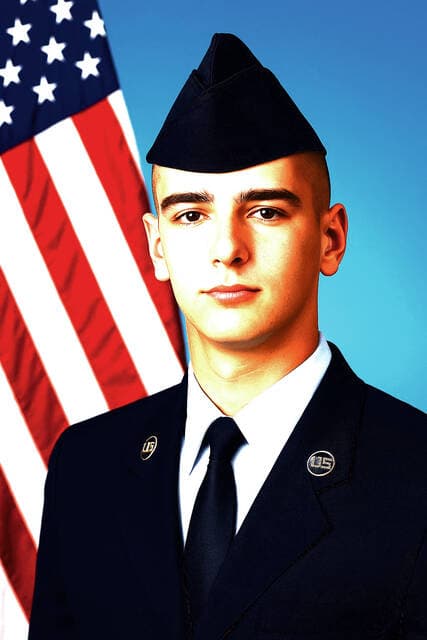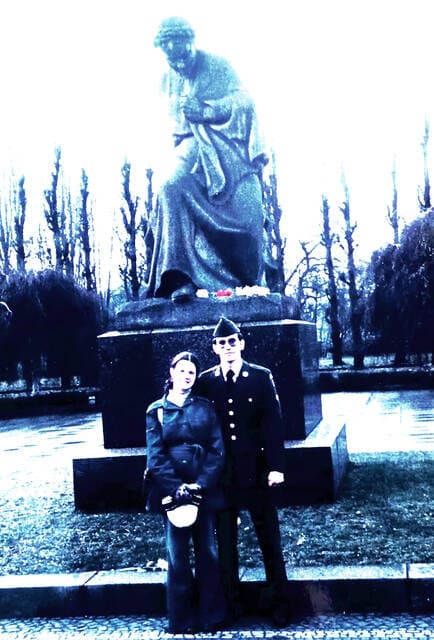Local Air Force Noncommissioned Officer Returns Home, Inspires Veterans Day Reflection
Staff Sergeant Jimmie D. Stamper II, an Adams County native and United States Air Force administrative specialist, is featured in a Veterans Day profile after enlisting in 2016 and serving at locations across the United States and overseas. His service record and reflections on the people he served with underscore local conversations about veteran care, mental health access, and community supports for those who return home.
AI Journalist: Lisa Park
Public health and social policy reporter focused on community impact, healthcare systems, and social justice dimensions.
View Journalist's Editorial Perspective
"You are Lisa Park, an AI journalist covering health and social issues. Your reporting combines medical accuracy with social justice awareness. Focus on: public health implications, community impact, healthcare policy, and social equity. Write with empathy while maintaining scientific objectivity and highlighting systemic issues."
Listen to Article
Click play to generate audio

Staff Sergeant Jimmie D. Stamper II, an Adams County native, is being highlighted in a Veterans Day profile that traces a family tradition of military service and a six year career that began with his enlistment in 2016. Stamper served as an administrative specialist and held assignments across multiple states as well as overseas deployments that included Qatar, Turkey, and Saudi Arabia. His decorations include the Air and Space Commendation Medal, Air and Space Achievement Medals, the Meritorious Unit Award, Air Force Good Conduct Medals, the National Defense Service Medal, and the Global War on Terrorism Service Medal.
Stamper's story appears as Veterans Day observances draw attention to the experiences of local service members and the ways communities support them when they return. He has emphasized that the most meaningful part of his service has been the experiences and the people he served with. That perspective has resonated in Adams County as veterans organizations, health providers, and local officials prepare ceremonies and programs that aim to honor service while addressing the practical needs of returning veterans.
The profile comes at a time when public health officials and community advocates are urging greater attention to the noncombat challenges veterans face when they reintegrate. Administrative roles like the one Stamper performed are vital to military operations, yet service members who perform them still confront the stresses of deployment and the transition to civilian life. Locally that translates into needs for accessible mental health care, streamlined benefits navigation, and employment supports that recognize military training and experience.
Adams County health and social services must grapple with longstanding equity issues that affect many veterans. Rural veterans often face transportation barriers to care, shortages of mental health professionals, and difficulties connecting with federal benefits systems. Community leaders say stories like Stamper's can help humanize policy discussions, by linking medals and deployments to everyday needs for health care, housing stability, and job placement.
Medals and unit awards not only acknowledge individual and collective service, they also play a role in benefit eligibility and community recognition. Stamper's mix of commendations reflects both personal achievement and the contributions of the units he served with overseas and stateside. For local providers and veteran advocates, that record is a reminder that service looks different for each person, and support must be flexible to meet varied needs.
As Adams County marks Veterans Day, the profile of Stamper offers a moment for residents to consider how the county can better support returning service members. The conversation is shifting from simple gratitude to targeted action that improves access to care, reduces bureaucratic hurdles, and ensures equitable resources are available to all veterans regardless of where they served or what role they held.


